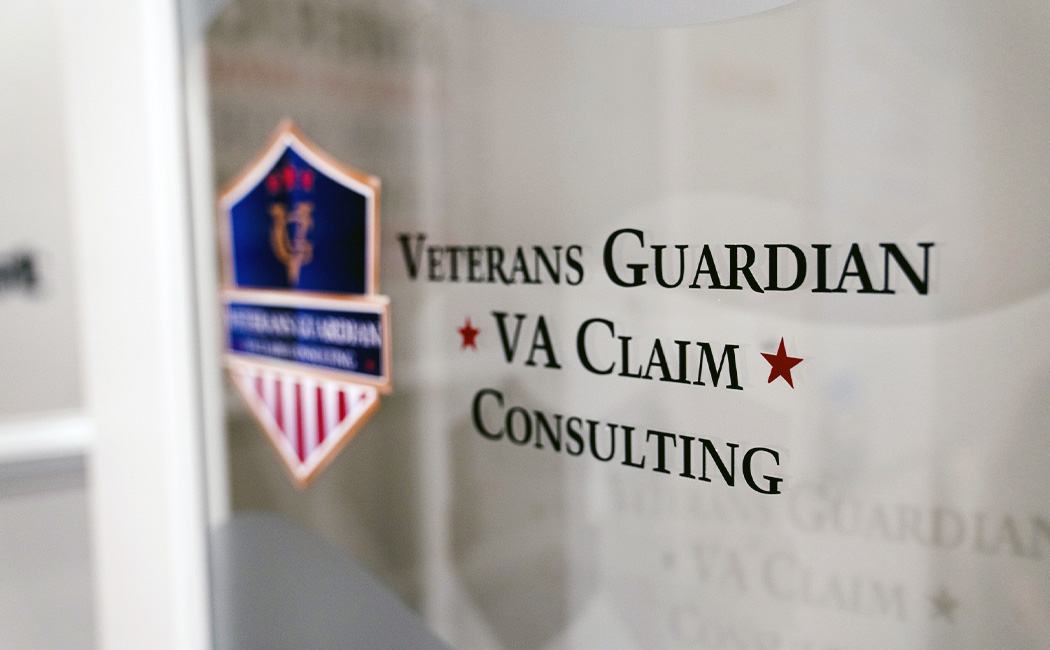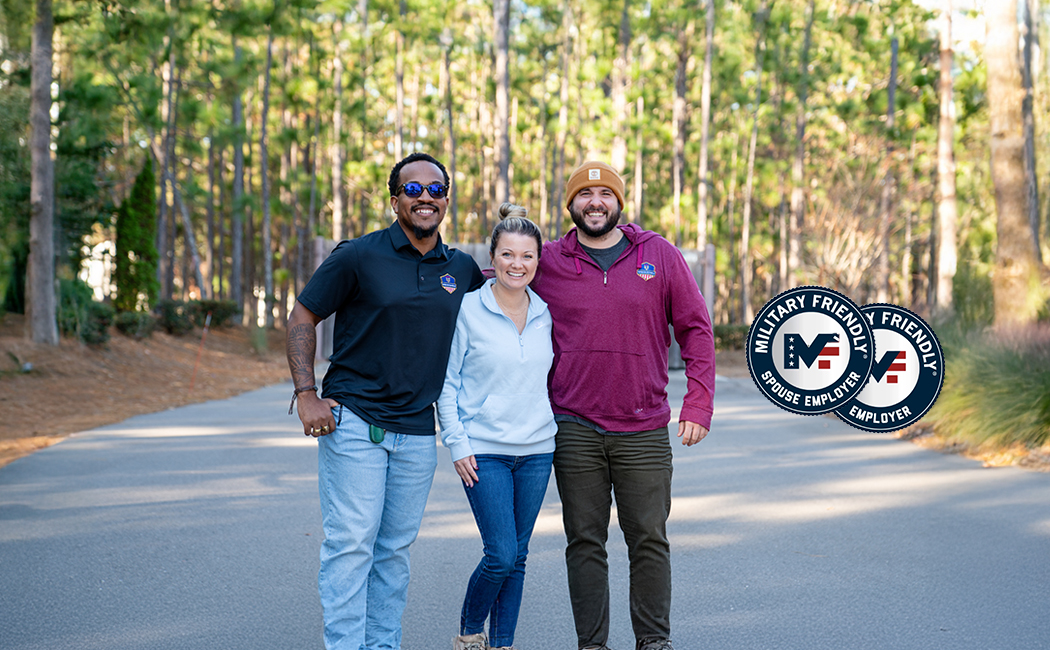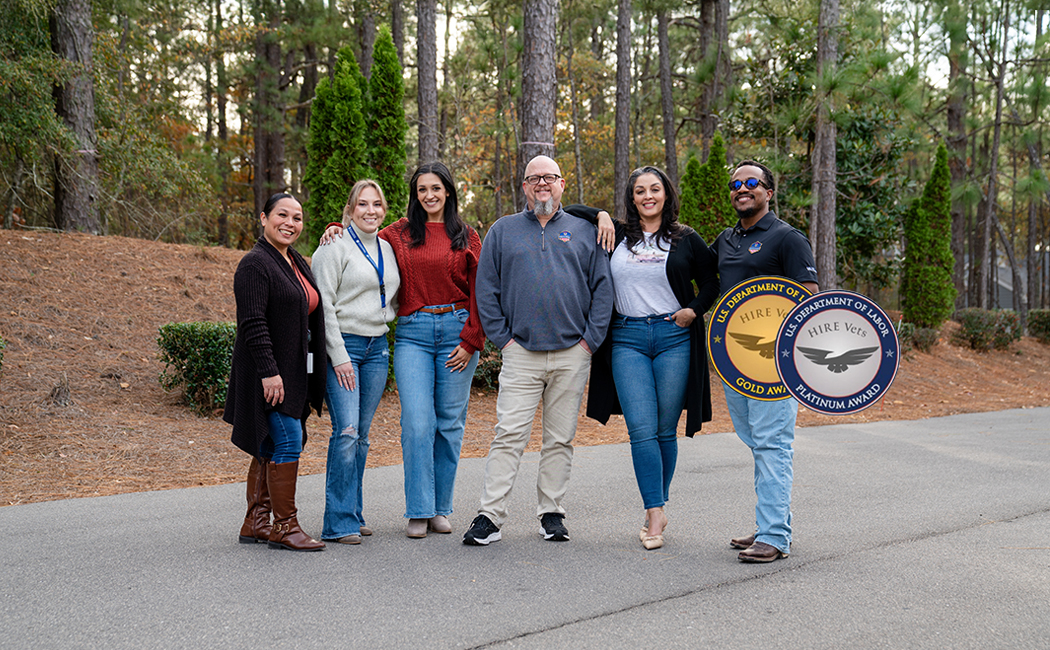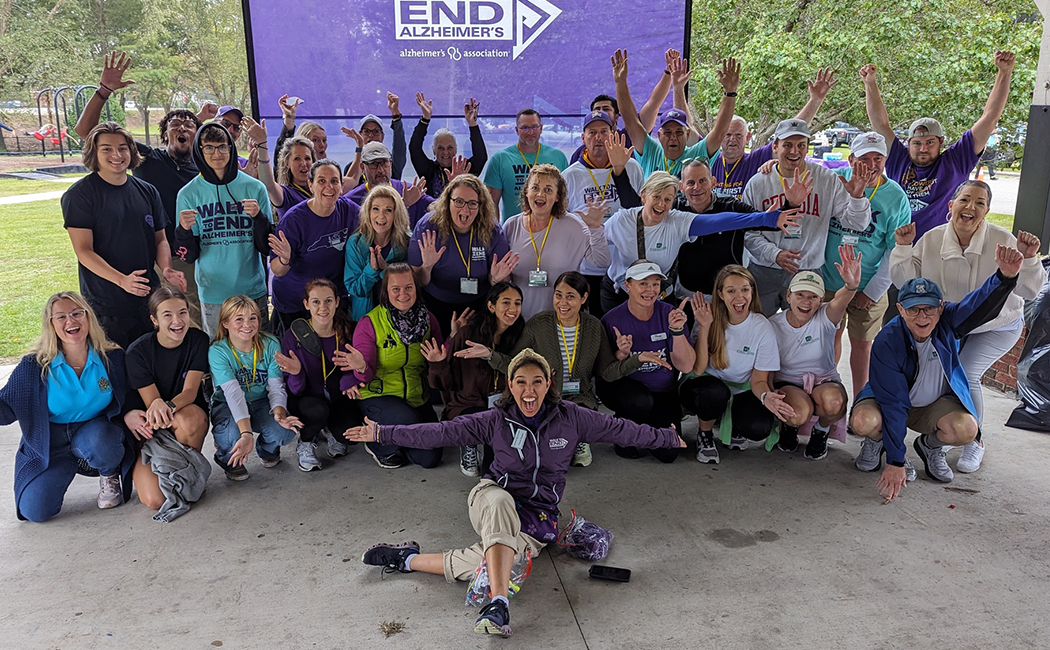Efforts To Bar Private Companies From Assisting in VA Claims Harm Veterans
By Natalie Johnson: Originally published on Real Clear Defense
Recent calls by former Navy SEAL Rep. Derrick Van Orden (R-Wis.) for Veterans Affairs Secretary Denis McDonough to resign from his post are reigniting scrutiny of the scandal-ridden department. Egregious backlogs in veteran claims and a confusing bureaucratic process have left many of our nation’s heroes empty-handed and unable to access their hard-won benefits. Rather than allowing our veterans to tap help from the private sector, a cadre of lawmakers are working to limit the resources available to them.
Federal efforts to pass the GUARD Act and prevent private companies from helping veterans access the benefits they’ve earned through their service to our country are at best misguided, and at worst ill-intentioned. While ostensibly driven by concerns about protecting veterans from exploitation by for-profit companies, these efforts are hurting veterans’ ability to navigate the complex and often overwhelming process of filing VA claims.
Ideally, veterans could access their benefits and navigate the cumbersome bureaucracy of the VA through free services provided by veteran service organizations (VSOs) like Veterans of Foreign Wars (VFW), American Legion, and other nonprofit groups. But the reality is these groups are overwhelmed with claims requests that have resulted in years-long backlogs that leave veterans empty-handed. The VA is also dealing with a decades-high backlog of nearly 400,000 veteran claims. Given this reality, veterans should have the autonomy to pay for help in winning compensation.
Unfortunately, lobbying efforts by the very groups whose mission it is to support veterans are, in fact, harming them.
A recent Special Operations Association of America (SOAA) report sheds light on how the VA and VSOs like the VFW use misleading or inflated data regarding the availability of no-cost options to help veterans file benefits claims in order to advance their agendas. According to the report:
Nearly every state reports inflated numbers of VSOs, giving a misleading impression of available resources. A comprehensive analysis of VA data, widely available on its OGC website, reveals gaping discrepancies between reported numbers of VSOs and the actual availability of these officials to assist Veterans. Inflated figures create a false sense of security and mask the extent of the problem…Upon delving into [the VA’s OGC directory], researchers found that, not only did 38% of VSOs fail to list their contact information, rendering their inclusion in the directory useless, but most are claimed by several Veterans Service Organizations as available to process claims. In fact, 39% VSOs are being reported multiple times, with some individual VSOs being counted as many as 27 times.
In Georgia, for example, every VSO who works for the state VA is also counted as a VSO for the American Legion. Likewise, each VSO working for the Georgia VA is also counted by VFW. But it doesn’t end there. Nearly all VSOs claimed by American Legion and VFW are claimed as working for approximately seven additional veterans’ organizations, according to the SOAA report. As a result, when Georgia provides the number of VSOs employed to assist veterans with their claims, they are reporting seven-to-eight times more than are actually available.
By inflating the number of VSOs, groups like the VFW are able to protect their own interests and maintain their dominance in the veterans’ advocacy space. This practice hurts veterans and their families.
While concerns regarding the potential exploitation of veterans by for-profit companies are valid, a blanket restriction on their involvement in assisting veterans with their benefits claims is not an effective solution. Rather than limiting veterans’ options for assistance, policymakers should focus on implementing targeted measures to enhance transparency and accountability in the veterans’ advocacy sector while implementing harsh fines for those who exploit it.
While VSOs like the VFW play an important role in representing veterans’ interests, they should not monopolize the field to the detriment of veterans who could benefit from the assistance of private companies. The efforts to limit the involvement of private companies in assisting veterans with their claims ignore the valuable contributions these companies can make to improving veterans’ access to benefits.
Many veterans face significant barriers to navigating the VA claims process on their own, and private companies can provide much-needed assistance and support. These companies, working alongside VSOs like the VFW and American Legion, can help streamline the claims process, reduce wait times, and ensure that veterans receive the benefits they deserve in a timely manner.
Instead of restricting resources for veterans, policymakers should ensure they have access to the support and assistance they need to navigate the VA claims process. This includes promoting competition and innovation in the veterans’ advocacy sector, rather than stifling it through misguided regulations and lobbying efforts. By empowering veterans to make informed decisions about their benefits and providing them with a range of options for assistance, we can better serve those who have sacrificed so much for our country.
Natalie Johnson previously served on Capitol Hill in various communications roles for Republican members. She also covered defense and national security as a reporter for the Washington Free Beacon.











